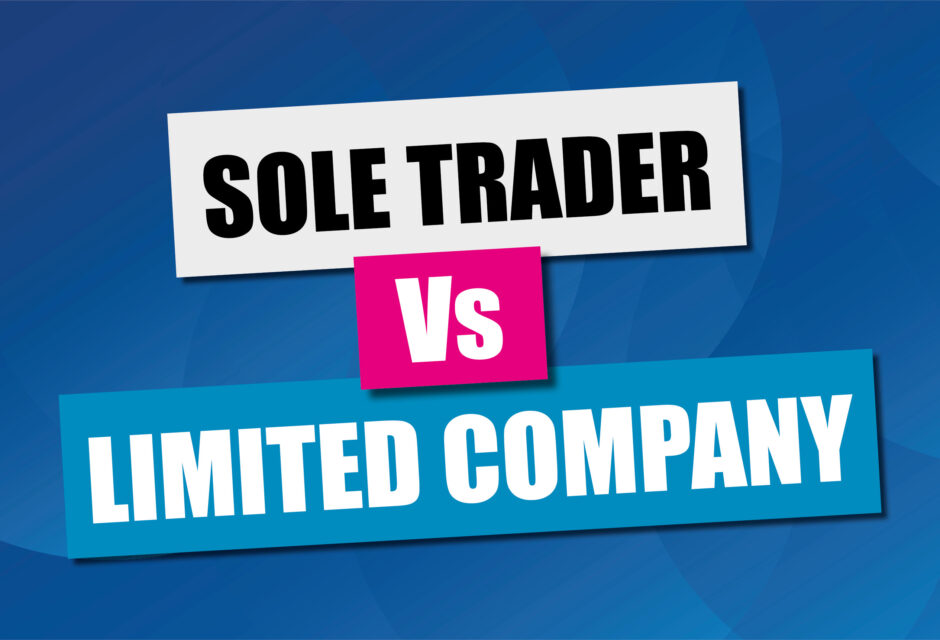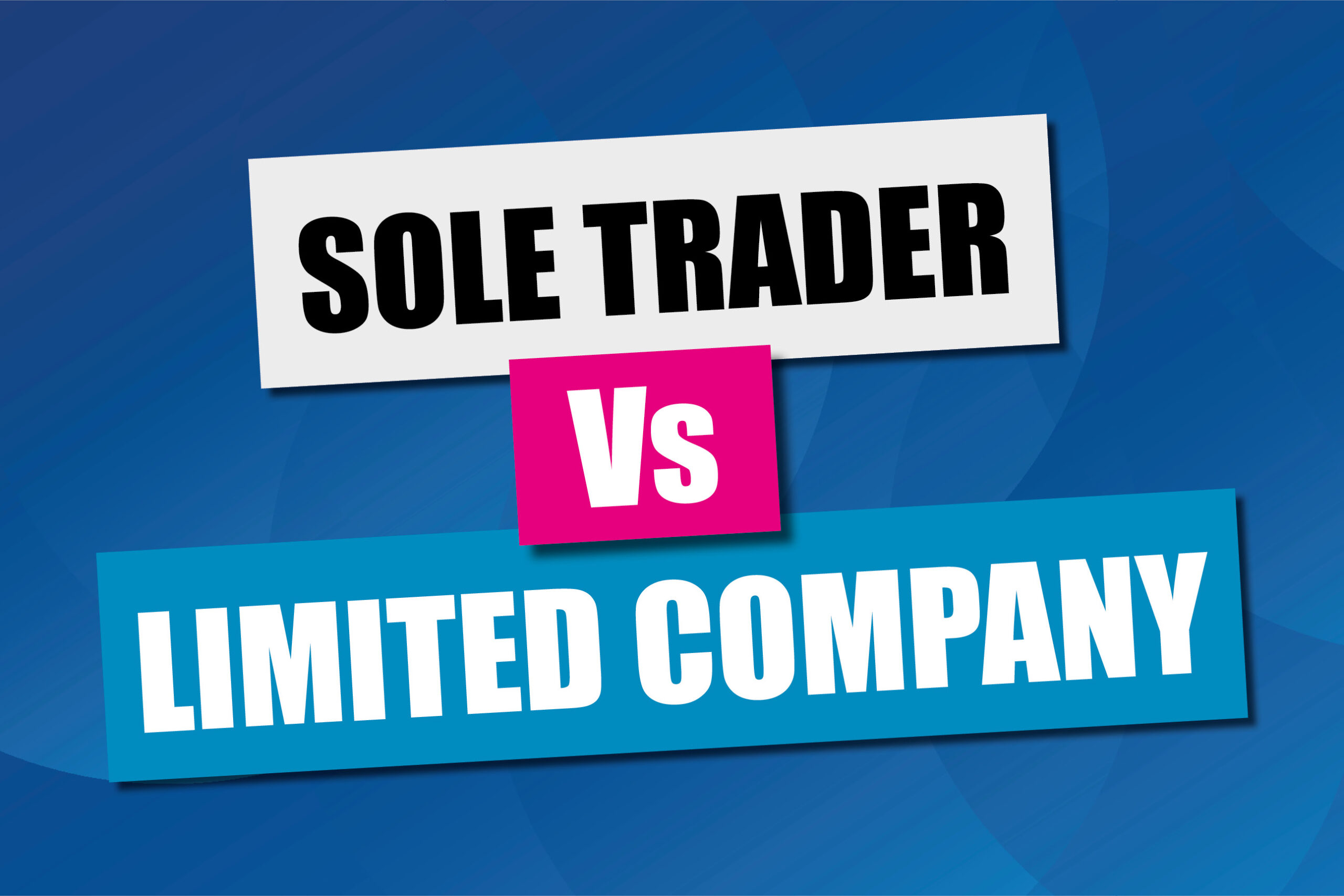

When starting a business, one of the first key decisions is choosing the right legal structure. In the UK, the most common options are operating as a sole trader or forming a limited company. Each has its own advantages and drawbacks - and the best choice depends on your goals, income and how you want to run your business.
In this post, we break down the pros and cons of each to help you make an informed decision.
What is a Sole Trader?
A sole trader is the simplest business structure. It means you're self-employed and personally responsible for the business's finances, including any debts.
✅ Pros of Being a Sole Trader:
- Easy to set up – Registering with HMRC is quick and simple.
- Low admin – Less paperwork, no company filings.
- Full control – You make all the decisions and keep all the profits.
- Privacy – Your accounts are not made public.
❌ Cons of Being a Sole Trader:
- Unlimited liability – You're personally responsible for any debts or losses.
- Harder to raise finance – Banks and investors may prefer limited companies.
- Tax efficiency may be limited – Higher earners may pay more tax than through a limited company.
- Perception – Some clients may view sole traders as less established or credible.
What is a Limited Company?
A limited company is a separate legal entity from its owners. It must be registered with Companies House and follow more formal procedures, including submitting annual accounts.
✅ Pros of a limited company:
- Limited liability – Your personal assets are protected if the business fails.
- Tax efficiency – You can pay yourself through a mix of salary and dividends, which can reduce tax.
- Professional image – Often seen as more credible and established.
- Easier to raise capital – Investors and banks may prefer this structure.
❌ Cons of a limited company:
- More admin – Annual accounts, Corporation Tax returns, and more compliance requirements.
- Public record – Your accounts and director information are publicly available.
- Costs – Potential accountancy and admin costs are usually higher.
- Less flexibility – You must follow company law and keep formal records.
A quick comparison
|
Feature |
Sole Trader |
Limited Company |
|
Legal status |
Not separate from owner |
Separate legal entity |
|
Liability |
Unlimited |
Limited |
|
Tax |
Income Tax + Class 2/4 NI |
Corporation Tax + Dividends |
|
Setup time |
Very quick |
Slightly more involved |
|
Privacy |
Private |
Public records on Companies House |
|
Profit retention |
100% to owner |
Split between salary/dividends |
So, which should you choose?
There’s no one-size-fits-all answer. Here are some general tips:
- Just starting out or testing a business idea? A sole trader setup is quick and simple.
- Earning more than around £30,000–£40,000 profit? A limited company might offer better tax efficiency.
- Need limited liability or want to build a more professional image? A company structure is often better.
- Prefer simplicity and fewer reporting obligations? Sole trader status might suit you best.
Still unsure? We can help
At Towers + Gornall, we support hundreds of UK businesses of all sizes - from one-person startups to growing limited companies. If you're unsure which path is right for you, get in touch. We’ll walk you through the pros, cons and financial implications based on your specific situation.





